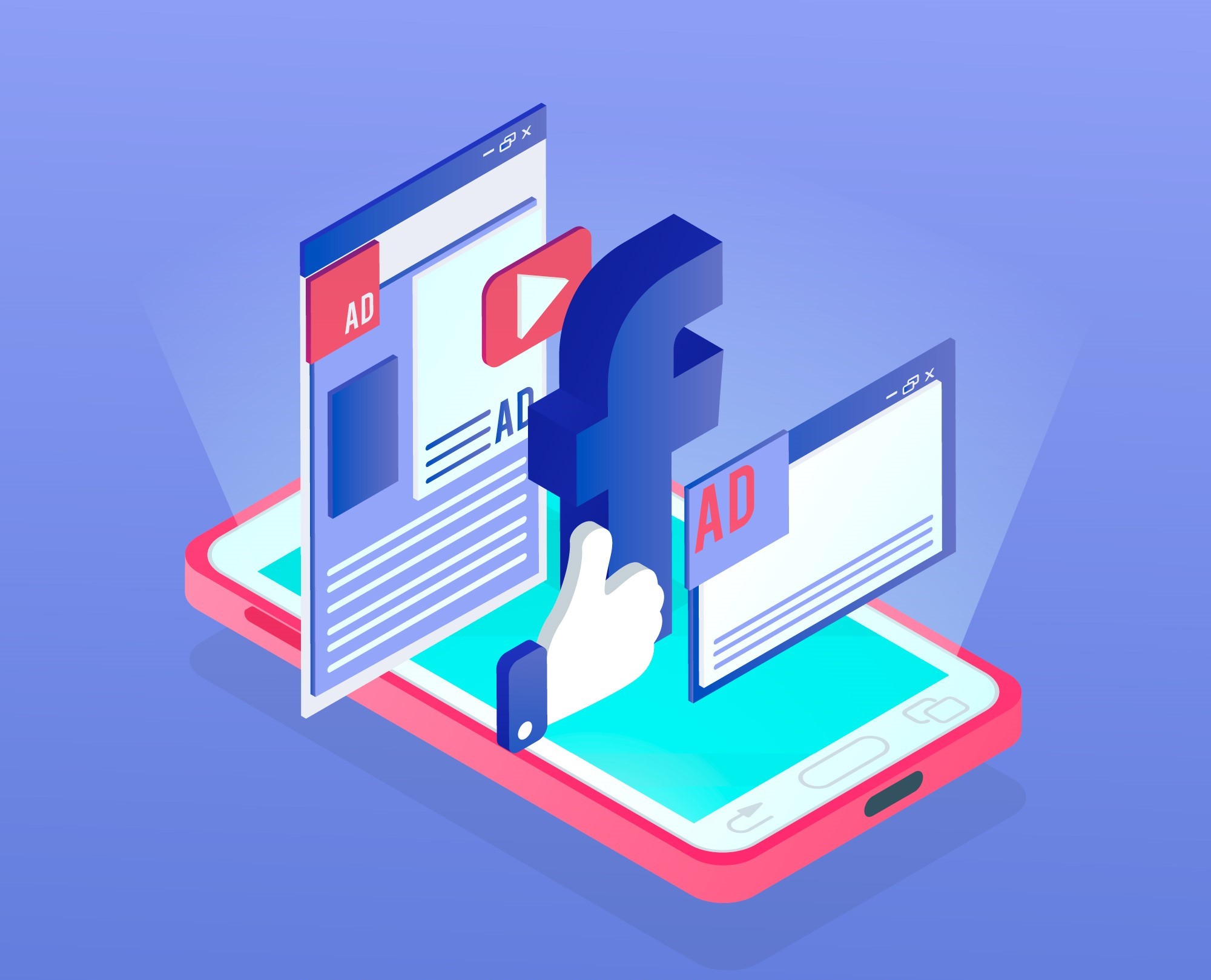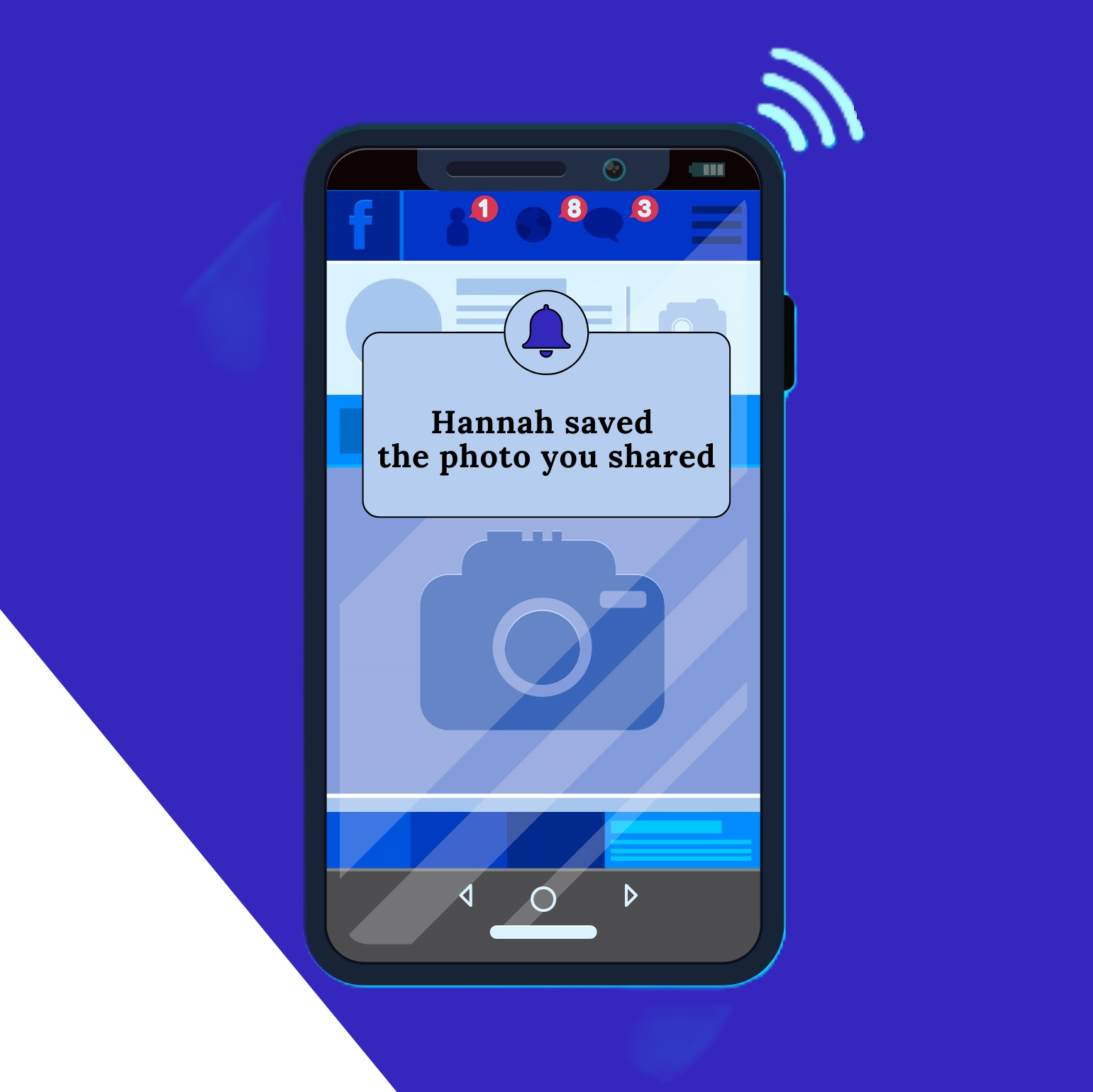- February 12, 2024
Google Ads vs. Facebook Ads: Which is the Better Advertising Platform?

Are you a business owner looking to boost brand visibility and drive sales? There are two platforms you want to look at: Google Ads and Facebook Ads. These two digital advertising giants offer endless possibilities to reach your target audience and achieve your marketing goals. But with so many differences between them, how do you choose which one to invest your marketing budget in?
In this comprehensive guide, we will compare Google Ads vs. Facebook Ads, exploring their unique strengths and how they can be leveraged to maximize your return on investment.
Understanding Google Ads and Facebook Ads
Google Ads, formerly known as Google AdWords, is the largest and most popular pay-per-click (PPC) advertising platform. It operates on a paid search model, allowing advertisers to bid on keywords and display text-based ads alongside search results. With over 3.5 billion daily searches on Google, this platform offers businesses access to an immense audience actively seeking products and services.
Facebook Ads, on the other hand, is a paid social media advertising platform offered by Facebook. It allows businesses to create and display ads on Facebook, as well as connect them with other social media like Instagram, Messenger, and the Audience Network. With over 2.6 billion monthly active users, Facebook Ads provides unparalleled audience granularity and targeting options.
A tool you can use to make both Google ads and Facebook ads is Creatopy, a creative automation platform that helps you make sure your ads are visually compelling and well-suited to the distinctive strengths and audience targeting features of each platform.
Effective Google ads copywriting is crucial for capturing attention and driving clicks in this competitive landscape. Facebook Ads, on the other hand, is a paid social media advertising platform offered by Facebook. To maximize the potential of both platforms, working with online advertising companies in the USA can be a game-changer. These agencies excel in creating compelling ad copy and optimizing campaigns for maximum reach and engagement, enhancing your overall online marketing.
Key Differences Between Google Ads vs. Facebook Ads
While both platforms offer advertising opportunities, there are key differences that set Google Ads and Facebook Ads apart. Understanding these differences will help you determine which platform aligns better with your business objectives.
- Audience Size: Google Ads handles over 5.8 billion searches daily, making it the go-to platform for reaching users actively searching for products or services. On the other hand, Facebook Ads boasts an extensive audience of over 2.6 billion monthly active users, allowing businesses to target users based on their demographics, interests, and behaviors.
- Buyer Intent: Google Ads excels at capturing users with high buyer intent as they actively search for specific products or services. Genuine buyer intent is especially important for driving sales, since ads with click fraud intent tend to drive away buyer interest, and that is harmful to the campaign of the business owner. In contrast, Facebook Ads focuses more on building brand awareness and engaging users who may not be actively searching for a particular product or service.
- Cost and ROI: The cost per click (CPC) on Google Ads tends to be higher than that of Facebook Ads. However, PPC management on Google Ads often delivers a higher return on investment due to its ability to reach users at the moment of their purchase decision. Facebook Ads, on the other hand, offers affordable CPC rates and can generate a significant return on ad spend over time.
- Targeting Options: Facebook Ads provides advanced targeting options, allowing businesses to reach highly specific audiences based on demographics, interests, and behavior. Google Ads, while offering targeting options, primarily relies on keywords for ad placement.
- Ad Formats: Facebook Ads offers a highly visual platform, allowing businesses to leverage images, videos, and carousel ads to capture users’ attention. Google Ads primarily features text-based ads on search engine results pages (SERPs), although it also supports visual ad formats such as display ads.
Strengths and Advantages of Google Ads
Google Ads offers several strengths and advantages that make it a powerful advertising platform for businesses. Let’s explore these strengths in detail:
Immense audience
One of the main advantages of using Google Ads is the platform’s immense reach. With over 5.8 billion daily searches, Google offers advertisers access to a vast potential audience actively looking for products and services. This extensive reach makes Google Ads an excellent addition to your digital marketing strategy.
Level playing field
Contrary to popular belief, Google Ads is not solely determined by the size of an advertiser’s budget. Google focuses on the quality and relevance of ads, rewarding advertisers with relevant, optimized, and high-quality ads. This means that smaller businesses with well-crafted ads can compete effectively with larger competitors.
Wide range of Ad formats
While Google Ads started with text-based ads, it now offers a wide range of ad formats to suit different business objectives. Ad extensions, sitelinks, social proofing with user reviews, location targeting, shopping ads, and more are available to advertisers. Google continues to introduce new ad formats tailored to specific types of businesses, allowing for rich visual elements and interactive features.
Effective targeting options
Google Ads allows businesses to target users based on knowing how to find keywords and search terms they enter into Google. And even integrate QR codes into campaigns for easier access to content or offers. Advertisers can refine their targeting by location, demographics, and other factors. This precise targeting ensures that your ads are reaching users who are actively searching for products or services similar to yours, making Google Ads Management by Digitalis an essential tool for optimizing your digital marketing strategy.
Measurable results with conversion tracking
Google Ads provides robust conversion tracking tools that allow businesses to measure the performance of their campaigns. By tracking conversions, such as form submissions, purchases, or phone calls, businesses can assess the effectiveness of their ads and make data-driven decisions to optimize their campaigns. For those new to the platform, seeking google ads help can be invaluable in mastering these tools and strategies.
Strengths and Advantages of Facebook Ads
Facebook Ads offers unique strengths and advantages that make it a valuable platform for businesses looking to increase brand awareness and engagement. Let’s explore these strengths in detail:
Unparalleled audience granularity
Facebook Ads provides advertisers with unparalleled audience granularity. With over 2.6 billion monthly active users, Facebook collects a wealth of data on its users, including demographics, interests, behaviors, and engagement patterns. This data allows advertisers to create highly targeted campaigns, reaching users who align closely with their target audience.
Highly visual platform
Facebook is a highly visual platform, and Facebook Ads leverage this visual nature to capture users’ attention. Advertisers can utilize images, videos, carousel ads, and other visual elements to create compelling and engaging ads. This visual appeal helps advertisers convey their brand message effectively and stand out in users’ feeds.
Incredible ROI potential
Despite its lower CPC compared to Google Ads, Facebook Ads offer incredible return on investment potential. By targeting users with precision and presenting them with compelling ads, businesses can generate leads and sales over time. Facebook Ads are particularly effective at building brand awareness and engagement, which can have a long-term impact on sales.
Advanced targeting options
Facebook Ads provide advanced targeting options, allowing advertisers to reach users based on demographics, interests, behaviors, and more. Businesses can create highly specific target audiences and tailor their ads to resonate with these audiences. Facebook’s lookalike audience feature is particularly powerful, enabling advertisers to reach users who exhibit similar interests and behaviors to their existing customers.
Building brand awareness and engagement
Facebook Ads excel at building brand awareness and engaging users early in the buying process. While users may not be actively searching for a particular product or service, Facebook Ads can introduce them to new brands and offerings. By establishing a presence on Facebook, businesses can create a competitive advantage and generate leads that convert into sales over time.
Similarities Between Google Ads and Facebook Ads
While Google Ads and Facebook Ads have their unique strengths, they also share some similarities. Here are a few key similarities between the two platforms:
- Both platforms operate on a pay-per-click (PPC) model, where advertisers bid for ad placement and pay when users click on their ads.
- Both platforms offer robust targeting options, allowing businesses to reach specific audiences based on various criteria such as demographics, interests, and behaviors.
- Both platforms provide conversion tracking tools, enabling businesses to measure the effectiveness of their campaigns and optimize their ad spend.
- Both platforms allow for ad customization, with options to include compelling ad copy, images, videos, and other engaging elements.
Which Platform Should You Choose?
Choosing between Google Ads and Facebook Ads depends on several factors, including your target audience, industry, and campaign goals. Let’s explore when each platform is the best choice:
Factors to consider: audience, industry, and campaign goals
Consider your target audience and their behavior online. If your audience actively searches for products or services like yours, Google Ads is an excellent choice. It allows you to capture users at the moment of their purchase decision and drive immediate conversions. This is particularly effective for businesses in industries with shorter buying cycles.
On the other hand, if your target audience is not actively searching for your product or service but may be interested in it, Facebook Ads can help build brand awareness and engage users. This is beneficial for businesses in industries with longer buying cycles or those looking to expand their reach and introduce their brand to new audiences.
Best use cases for Google Ads
Google Ads is best suited for businesses with products or services that users actively search for. If your business falls into this category, consider using Google Ads for the following purposes:
- Increasing sales and generating leads by targeting users with high buyer intent.
- Reaching users at the moment of their purchase decision and driving immediate conversions.
- Capturing users actively searching for your products or services with concise and compelling ad copy.
- Utilizing remarketing ads to stay top of mind with users who have previously visited your website.
Best use cases for Facebook Ads
Facebook Ads is a powerful platform for businesses looking to increase brand awareness, engagement, and reach a wider audience. Consider using Facebook Ads for the following purposes:
- Building brand awareness and introducing new products or services to your target audience.
- Targeting specific demographics, interests, and behaviors to reach highly relevant audiences.
- Creating lookalike audiences to expand your reach and target users similar to your existing customers.
- Utilizing visual elements such as images, videos, and carousel ads to capture users’ attention and drive engagement.
The Bottom Line
In the battle of Google Ads vs Facebook Ads, there is no clear winner. The choice between the two platforms depends on your target audience, industry, and campaign goals. Google Ads excels at capturing users actively searching for products or services, while Facebook Ads are highly effective in building brand awareness and engaging users who may not be actively searching.
To make an informed decision, consider your target audience’s behavior, the nature of your business, and your marketing objectives. By leveraging the strengths and advantages of each platform, you can create a comprehensive advertising strategy that maximizes your reach, engagement, and conversions.
Remember, both Google Ads and Facebook Ads require continuous optimization and monitoring to ensure you’re getting the most out of your ad spend. Experiment, test, and iterate to find the perfect balance that drives success for your business.
Frequently Asked Questions (FAQs)
Is Google Ads harder than Facebook Ads?
The level of difficulty depends on your familiarity and experience with each platform. While Google Ads may require more knowledge of keyword targeting and campaign optimization, Facebook Ads may require more time and effort in audience targeting and ad creative development. It’s essential to invest time in learning the platform that aligns with your business goals.
Are Google Ads cheaper than Facebook Ads?
The cost per click (CPC) on Google Ads tends to be higher than that of Facebook Ads. However, the actual cost can vary depending on factors such as industry, competition, and targeting options. It’s crucial to monitor and optimize your campaigns to ensure you’re getting the most out of your ad spend.
Are Google Ads worth it?
Google Ads can be highly effective in reaching users with high buyer intent and driving immediate conversions. If your target audience actively searches for your products or services, Google Ads can be a valuable investment. For example, SaaS companies implementing a targeted SaaS PPC campaign on Google Ads can drive significant traffic and conversions. However, it’s important to optimize your campaigns, track conversions, and continually refine your targeting to maximize your return on investment.
How are Google Ads and Facebook Ads similar?
Google Ads and Facebook Ads share some similarities in terms of pay-per-click (PPC) model, targeting options, conversion tracking, and ad customization. Both platforms allow businesses to reach their target audience, measure campaign performance, and optimize their ads for better results.
Are Google Ads more effective?
Google Ads are generally more effective for businesses that are looking to capture users at the moment they are searching for a product or service. On the other hand, Facebook Ads are more effective for businesses that are looking to target a specific demographic or interest group.
Which is better, SEO or Facebook Ads?
SEO is about improving your website’s visibility in search engines, while Facebook Ads is a paid marketing strategy on social media.
If you’re looking for a cost-effective way to increase your website’s organic traffic and visibility over time, then following an SEO checklist might be the better choice for you. However, if you’re looking for a more immediate way to drive traffic and conversions, then Facebook Ads might be the way to go.
How much does Google Ads cost?
Google Ads cost can range from $100 to $10,000 per month for most businesses. On average, businesses pay between $0.11 to $0.50 per click and $0.51 to $1000 per 1000 impressions in 2024. The pricing can differ based on certain factors, such as the industry you belong to, the targeting of your campaign, and the ad network you choose.
Share it with your friends!
Explore
More
Ready to get started?
Harness the unmatched capabilities of ActionSprout to transform your Facebook strategy. Elevate engagement, captivate your audience, and achieve unparalleled results. Don’t wait – seize the opportunity.

